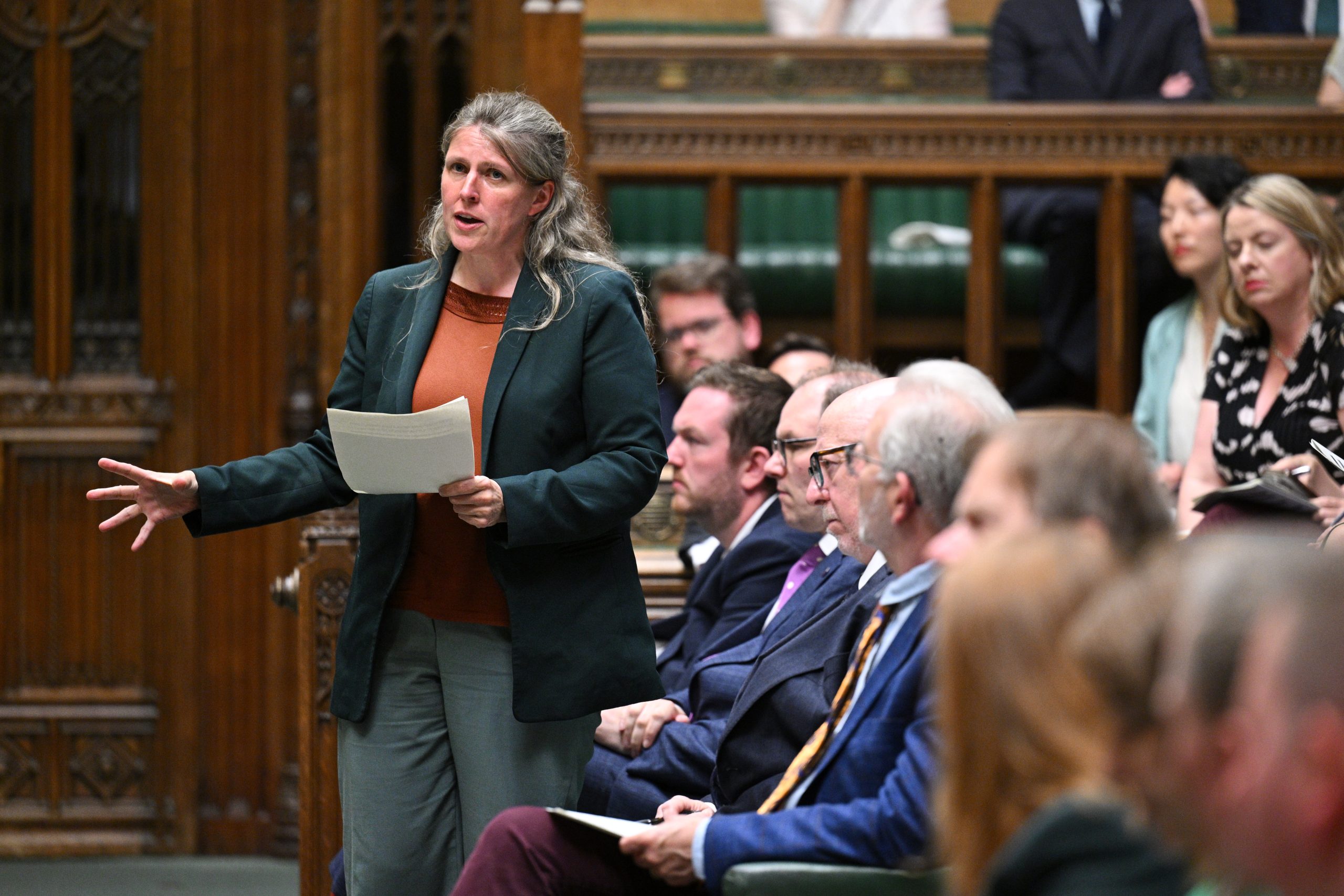Between 1968 and 2024, not a single Labour MP had the whip withdrawn for voting against their own party. In the past year alone, that number has risen to eleven. After suspending seven MPs in July 2024 for voting to abolish the two-child benefit cap, Labour confirmed this week the suspension of four more: Neil Duncan-Jordan, Chris Hinchliff, Brian Leishman, and Rachael Maskell.
Though Labour made no official statement justifying the move, anonymous party sources briefed the press that the suspensions were for ‘persistent breaches of party discipline’ and ‘using their platform as Labour MPs to slag off the government’. In less diplomatic terms, sources said it was for ‘persistent knobheadry’.
More accurately, their crime was opposing and voting against cuts to Winter Fuel Payments and Personal Independence Payments. Duncan-Jordan and Maskell, in particular, were vociferous critics of the welfare cuts, which threaten to drive an additional 100,000 pensioners and 250,000 disabled people into poverty. Leishman and Hinchliff committed further sins: Leishman by opposing the closure of the Grangemouth refinery in his constituency, and Hinchliff by challenging government planning legislation on environmental grounds.
What makes these suspensions so remarkable is not only the stark departure from parliamentary norms — utilising expulsion as the default mode of party management — but the substance of the dissent itself. The Winter Fuel Payments cut was deeply unpopular and contributed to Labour’s drubbing in the May local elections, prompting a partial U-turn later that month. Faced with public opposition and a growing backbench rebellion, proposed cuts to Personal Independence Payments were similarly dropped. Just last week, Keir Starmer described the reversal as a ‘common sense’ decision after listening to the ‘concerns’ of MPs and campaigners.
The ‘persistent rebels’ have rebelled against policies that are deeply harmful, against public opinion, and were absent from Labour’s manifesto, making them not only morally indefensible but also politically disastrous — especially with Labour’s own voters — helping bring about what pollster John Curtice noted is ‘the worst start of any new prime minister, Labour or Conservative’. And on both major welfare issues, after recognising the political damage being done, the party ultimately retreated, at least in part. A wiser government might have shown gratitude to MPs who spotted the danger early and urged a change of course, rather than punishing them for the betrayal of being right too soon.
Following last year’s suspensions over the two-child cap vote, I wrote that the Starmer government, elected on a historically low turnout, had a paper-thin mandate and no popular constituency. I argued that this left it insecure and paranoid about potential challenges to its authority. What is now increasingly clear is that, as the popularity of Starmer and the government he leads craters, those despotic impulses are only intensifying.
Rather than reflect on why it is that, just a year on from a historic landslide, Labour is polling in the low twenties, with Starmer more unpopular than any previous PM at this stage, the party leadership’s instinct is to blame and punish any perceived treachery. Elected on a vague promise of change and a concrete pledge of roaring economic growth, it has delivered neither. In response to this failure, it has refocused on financial deregulation, rearmament, public spending cuts, and small boat crossings. Accordingly, its public support is sinking further, paving the way for fresh rebellions, likely to be met with yet more expulsions.
Labour MPs who turned a blind eye to the first wave of suspensions must now be questioning the value of tolerating an authoritarian campaign to crush dissent against a government with a 12 percent approval rating and no vision for reversing its decline — if not out of principle, then at least out of self-preservation.
Against this backdrop of widening purges, it is grimly amusing that Starmer’s acolytes are already blaming Jeremy Corbyn and Zarah Sultana’s mooted new party for selfishly threatening to split the left vote. (Polling for the hypothetical, still-unlaunched party has it drawing level with Labour.) After telling left-wing voters, members, and MPs to leave — and then expelling those who stayed — Labour’s leadership shows a staggering lack of self-reflection. They are right that splitting the left risks ushering in a Reform government. What they fail to see is that keeping Starmer in place all but guarantees it.
